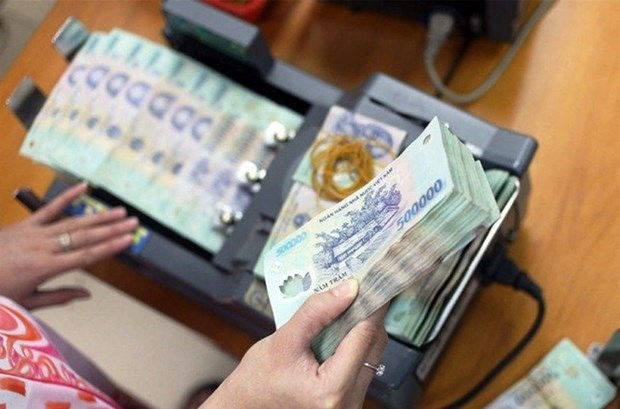Financial constraints keep HCM City businesses in tax debts
Financial constraints and liquidity issues are keeping a number of businesses in Ho Chi Minh City, particularly those operating in the real estate sector, in significant tax debts.

The municipal Department of Taxation has announced a list of 100 businesses with outstanding tax debts, totalling over VND7.86 trillion (US$326.3 million) and mostly being real estate companies, as of the end of the second quarter.
The real estate industry has been particularly affected by challenges and liquidity constraints, exacerbated by the recent crisis in the corporate bond market, experts noted.
In addition to the real estate sector, companies from other sectors such as textiles, manufacturing, trade, and transportation are also facing tax debts.
Experts have warned that the issue of tax debts reflects the broader economic challenges faced by businesses in the country’s largest city.
The department has urged local tax offices to step up efforts to recover these tax debts and disclose information about businesses with significant and long-standing tax debts.
For businesses with debts overdue less than 90 days, tax authorities will attempt to communicate through various channels such as phone calls, text messages and emails, and invite them for discussion.
For tax debts exceeding 90 days, stricter enforcement measures will be implemented to recover these outstanding amounts, according to the department.

